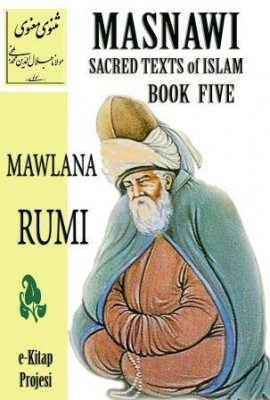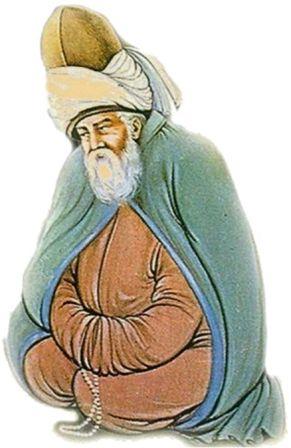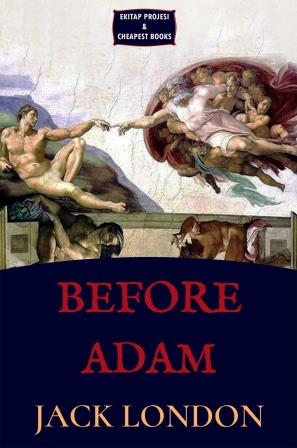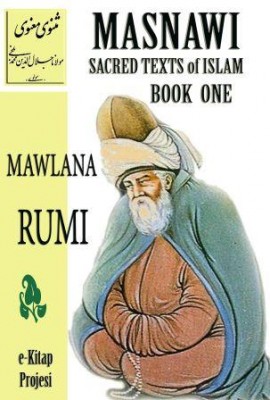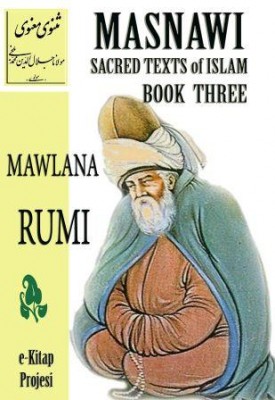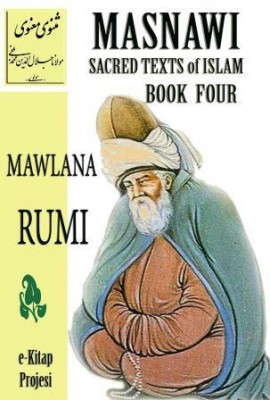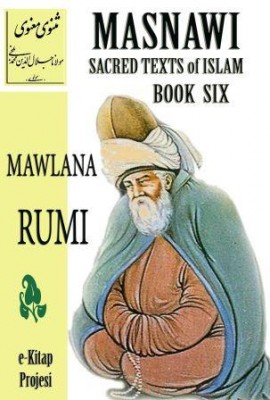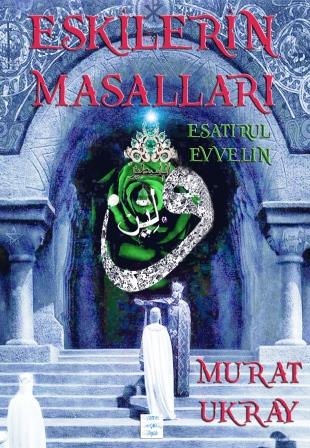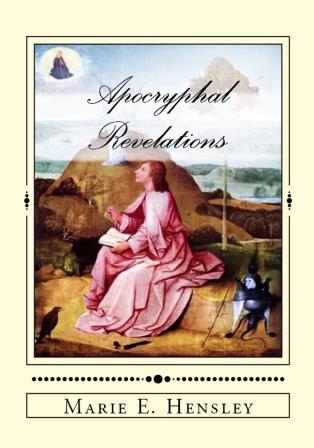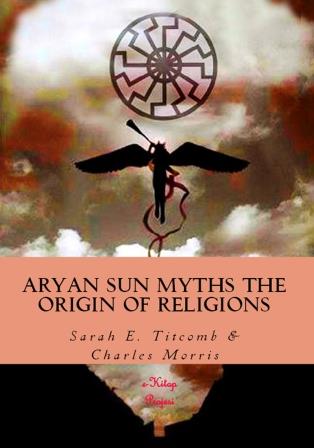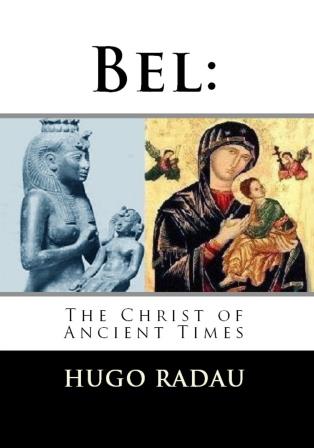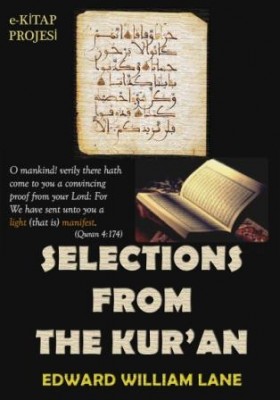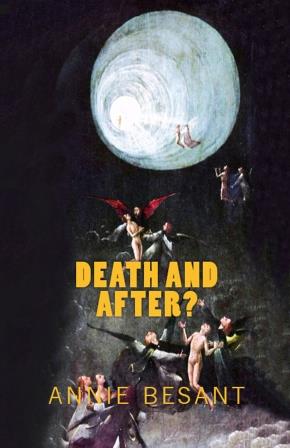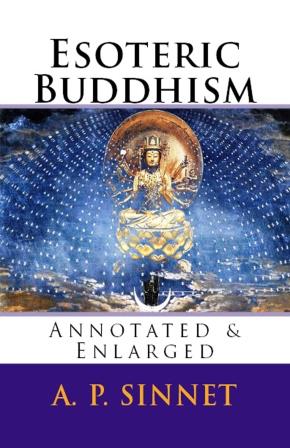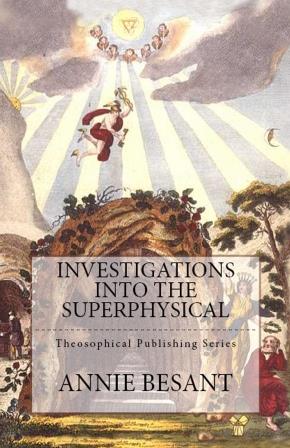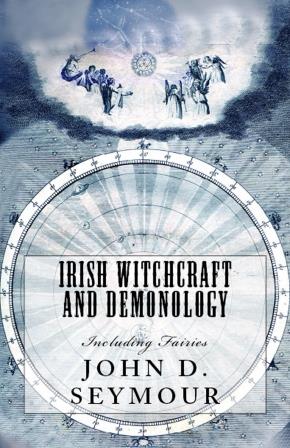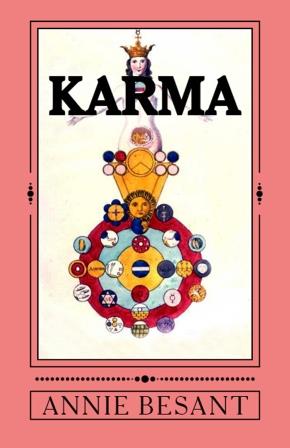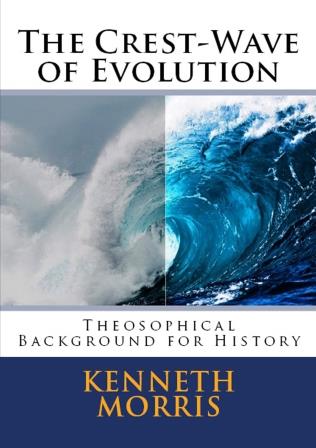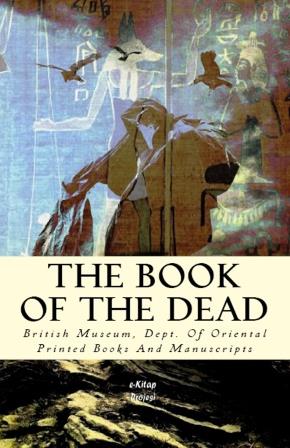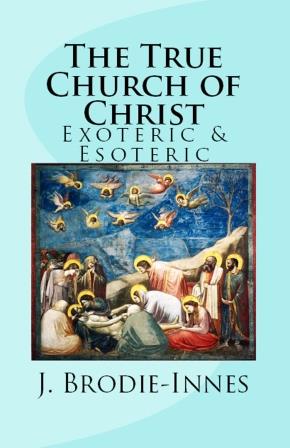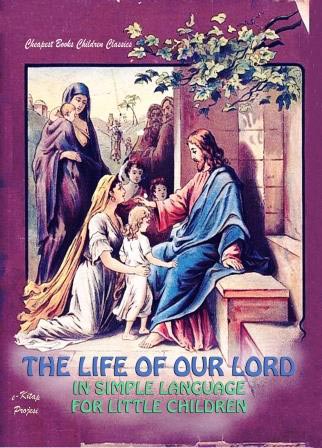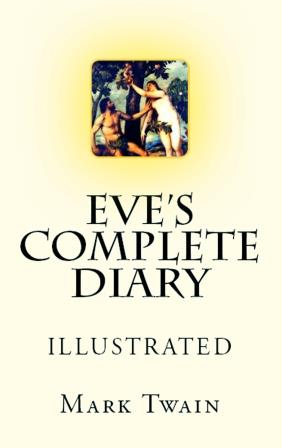Table of Contents
Preface (About the Masnawi Book of Mawlana)
About the Author (Mawlana Rumi)
Story I: The Prophet and his Infidel Guest
Story II: The Arab and his Dog
Story III: The Sage and the Peacock
Story IV: Muhammad Khwarazm Shah and the Rafizis of Sabzawar
Story V: The Man who claimed to be a Prophet
Story VI: The Disciple who blindly imitated his Shaikh
Story VII: How Adam was created out of a handful of earth brought by an Angel
Story VIII: Mahmud and Ayaz
Story IX: The sincere repentance of Nasuh
Story X: Lion, the Fox, and the Ass
Story XI: The Mosalman who tried to convert a Magian
Story XII: The Devotee who broke the noble's wine-jar
Story I
The Prophet And His Infidel Guest
AFTER the usual address to Husamu-'d-Din follows a comment on the precept addressed to Abraham, "Take four birds and draw them towards thee, and cut them in pieces."1 The birds are explained to be the duck of gluttony, the cock of concupiscence, the peacock of ambition and ostentation, and the crow of bad desires, and this is made the text of several stories. Beginning with gluttony, the poet tells the following story to illustrate the occasion of the Prophet's uttering the saying, Infidels eat with seven bellies, but the faithful with one." One day some infidels begged food and lodging of the Prophet. The Prophet was moved by their entreaties, and desired each of his disciples to take one of the infidels to his house and feed and lodge him, remarking that it was their duty to show kindness to strangers at his command, as much as to do battle with his foes.
